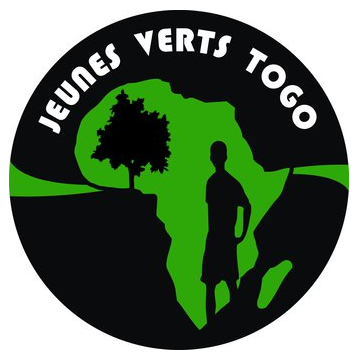by WASCI
Globally, technology is evolving at a fast pace. It is increasingly becoming an indispensable asset for existence and so, for the effective functioning of institutions. Despite this, civil society organisations (CSOs) in West Africa lag in terms of fully maximising the full potential and breadth of opportunities provided by technology. This lag can partly be attributed to the risks technology exposes its users to.
Unfortunately, in West Africa, in recent years, bits of information have been shared on the menace posed by digitisation to actors within the civil society ecosystem. However, the extent to which the work of civil society actors is aided or hampered by digitisation has not been comprehensively examined.
The West Africa Civil Society Institute (WACSI), in the wake of its 2023 to 2027 strategy, which has a focus on ensuring that CSOs are adequately supported to leverage technology to promote their developmental initiatives, commissioned this study to have a holistic appraisal of how digital security affects the work of CSOs in the region. While this is critical in informing and shaping the Institute’s work going forward, it constitutes a rich body of knowledge that can inspire a diverse pool of stakeholders to contribute, together with WACSI, to improve the digital landscape to enable the work of CSOs.



